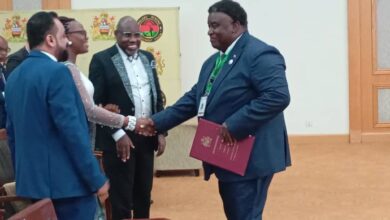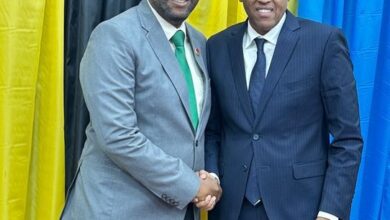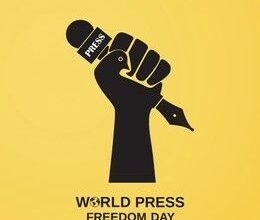Columns
Opinion: Patricia Kaliati’s “Voice from Cell 2” – A defiant stand against political intimidation
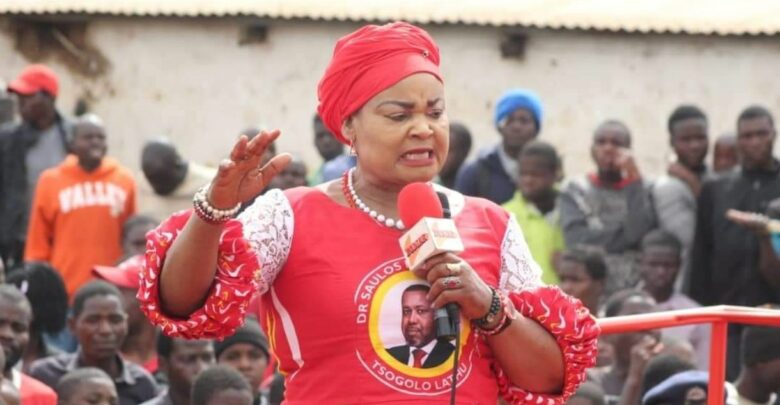
By Burnett Munthali
When UTM Secretary General Patricia Kaliati took to Facebook on Sunday, October 27, 2024, to share her thoughts from Cell 2 at the Area 3 Police Station in Lilongwe, she didn’t just write a post—she sent a powerful message about the state of Malawi’s democracy. Her post, aptly titled “Voice from Cell 2,” is not just the voice of a detained politician but also a clarion call against political intimidation, injustice, and the weaponization of state institutions to suppress dissent.
Kaliati, known for her outspoken nature and bold leadership, has never been one to shy away from controversy or confrontation. Her arrest, widely viewed as politically motivated, comes at a time when the UTM party and the ruling Tonse Alliance are increasingly at odds. Many Malawians, myself included, see this as more than just a legal matter—it is a clear case of selective justice aimed at silencing opposition voices, particularly those like Kaliati who have dared to criticize the current administration.
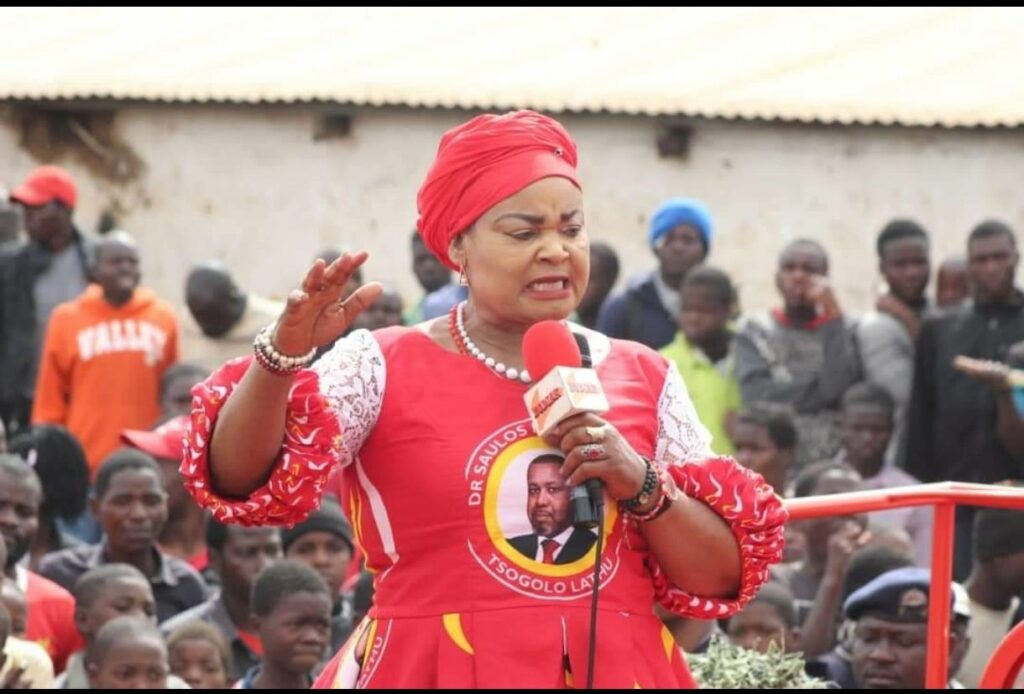
*A symbol of political persecution?*
Kaliati’s post portrays her arrest as part of a broader narrative of political repression. Whether or not one agrees with her politics, it is difficult to ignore the troubling pattern that has emerged in Malawi in recent years. Opposition leaders, activists, and critics of the government seem to be disproportionately targeted by law enforcement, often on flimsy or ambiguous charges. Kaliati’s detention in Cell 2 is eerily reminiscent of these troubling trends, raising legitimate questions about whether her arrest was a result of legitimate legal concerns or political retaliation.
In her post, Kaliati makes it clear that her detention is not just about her as an individual—it is a symbol of the broader fight for justice and accountability in Malawi. “They may have imprisoned me, but they cannot imprison the truth,” she writes. This statement speaks volumes about her determination to continue fighting for what she believes in, regardless of the personal cost.
*Political implications for Malawi*
This incident has far-reaching political implications for Malawi, especially as we approach the 2025 elections. Kaliati’s arrest will likely deepen the rift between UTM and the Malawi Congress Party (MCP), already strained by competing interests within the ruling Tonse Alliance. The timing of this arrest, just months before the election, only adds fuel to the fire of speculation that the current administration is seeking to weaken its political rivals in advance.
What’s more, Kaliati’s post from Cell 2 has quickly become a rallying cry for those disillusioned with the current state of governance. Her words—written from a police cell—strike a chord with many Malawians who feel that their voices are being drowned out by the powerful and the politically connected. In her defiance, she has become a symbol of resistance, reminding us that democracy requires constant vigilance and a willingness to stand up to injustice.
*The role of social media in defending democracy*
Kaliati’s decision to use Facebook as her platform from detention demonstrates the evolving role of social media in Malawi’s political landscape. In an environment where traditional media is often constrained by political pressures, social media has become a vital space for politicians and activists to communicate directly with the public. Her “Voice from Cell 2” post underscores the power of digital platforms to bypass state-controlled narratives and amplify dissenting voices.
Social media has given ordinary Malawians the ability to engage in political discourse in ways that were once unimaginable. For leaders like Kaliati, it provides a lifeline—one that allows her to speak out even from behind bars. In this way, her post is more than just a personal reflection; it’s a demonstration of the importance of keeping free speech alive, even in difficult circumstances.
*Is democracy under threat?*
Kaliati’s post raises an uncomfortable but necessary question: Is Malawi’s democracy under threat? When opposition leaders are jailed on questionable charges, and when critics of the government are silenced or intimidated, it becomes harder to argue that the country is on a healthy democratic path.
Democracy is more than just holding elections every five years—it’s about fostering an environment where dissenting voices are heard, where justice is applied equally to all citizens, and where state institutions remain neutral and independent. If arrests like Kaliati’s are allowed to continue unchecked, it risks eroding the very foundations of our democratic system.
Malawi has a proud history of democratic struggle. It was not long ago that the people took to the streets to demand fair elections, transparency, and justice. The events of 2020, which led to the annulment of the fraudulent presidential election and the re-run that brought the Tonse Alliance to power, were a victory for democracy. But victories can be fleeting if the hard work of preserving those democratic gains is not continued.
*A call to action*
Patricia Kaliati’s “Voice from Cell 2” should serve as a call to action for all Malawians who care about the future of their country. Whether you agree with her politics or not, the issues she raises about political repression, selective justice, and the need for accountability are ones that affect us all.
We must ask ourselves: What kind of Malawi do we want to live in? Do we want a country where opposition figures are jailed for speaking out? Where state institutions are used as tools of political power rather than instruments of justice? If we remain silent in the face of these injustices, we risk losing the democratic freedoms that so many have fought for.
Kaliati’s defiance from her police cell is a reminder that the fight for democracy is never truly over. It requires constant effort, courage, and, sometimes, great personal sacrifice. We may not all agree with her methods or her message, but we should all agree on the need to protect the democratic principles that allow those messages to be heard in the first place.
As we await the outcome of her legal proceedings, we should remain vigilant and demand transparency, fairness, and justice for all Malawians—regardless of their political affiliations. After all, democracy does not belong to one party, one individual, or one ideology. It belongs to us all.



